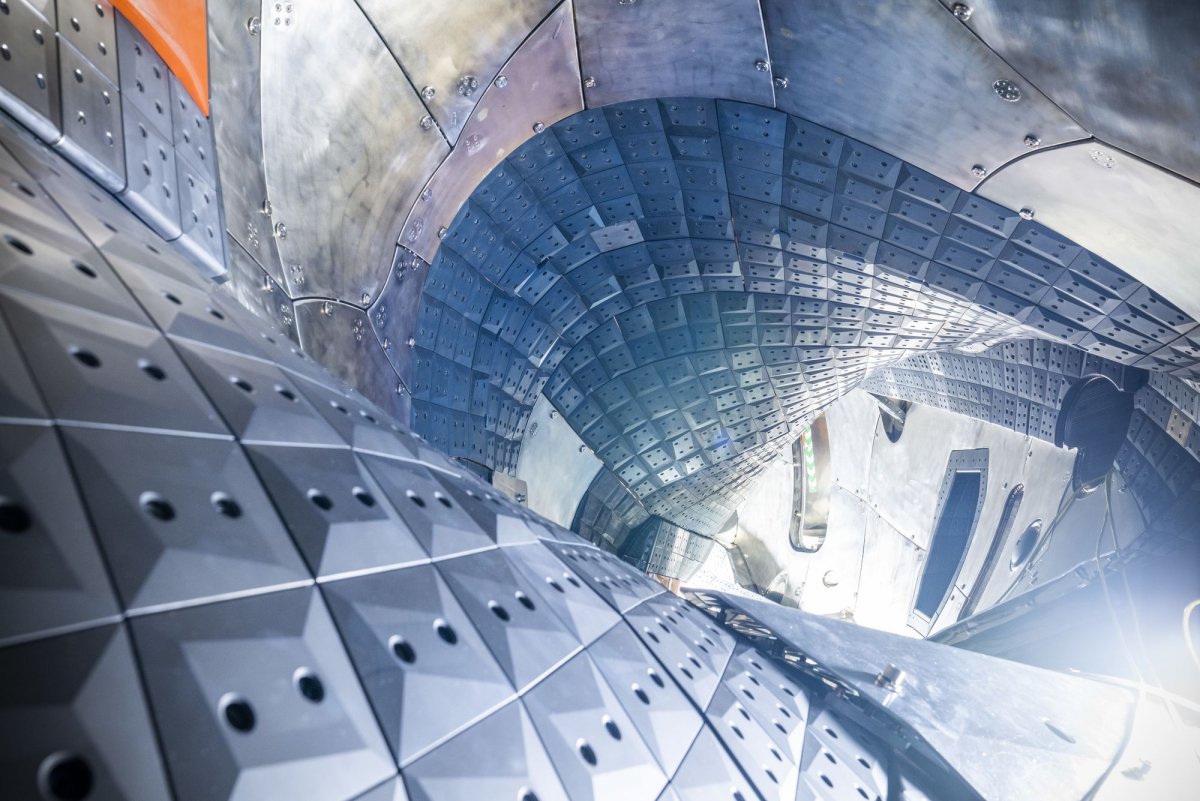TL;DR – We’re excited to introduce voyage-3.5 and voyage-3.5-lite, the latest generation of our embedding models. These models offer improved retrieval quality over voyage-3 and voyage-3-lite at the same price, setting a new frontier for price-performance. Both models support embeddings in 2048, 1024, 512, and 256 dimensions, with multiple quantization options enabled by Matryoshka learning and quantization-aware training. voyage-3.5 and voyage-3.5-lite outperform OpenAI-v3-large by 8.26% and 6.34%, respectively, on average across evaluated domains, with 2.2x and 6.5x lower respective costs and a 1.5x smaller embedding dimension. Compared with OpenAI-v3-large (float, 3072), voyage-3.5 (int8, 2048) and voyage-3.5-lite (int8, 2048) reduce vector database costs by 83%, while achieving higher retrieval quality.
Today, we’re excited to introduce voyage-3.5 and voyage-3.5-lite, which maintain the same sizes as their predecessors—voyage-3 and voyage-3-lite—but offer improved quality for a new retrieval frontier.
As we see in the figure below, voyage-3.5 improves retrieval quality over voyage-3 by 2.66%, and voyage-3.5-lite improves over voyage-3-lite by 4.28%—both maintaining a 32K context length and their respective price points of $0.06 and $0.02 per 1M tokens.

voyage-3.5 and voyage-3.5-lite also outperform OpenAI-v3-large by 8.26% and 6.34%, respectively, with voyage-3.5 also outperforming Cohere-v4 by 1.63%. voyage-3-lite achieves retrieval quality within 0.3% of Cohere-v4 at 1/6 the cost. Both models advance the cost-performance ratio of embedding models to a new state-of-the-art through an improved mixture of training data, distillation from voyage-3-large, and the use of Voyage AI rerankers.
Matryoshka embeddings and quantization. voyage-3.5 and voyage-3.5-lite support 2048, 1024, 512, and 256 dimensional embeddings enabled by Matryoshka learning and multiple embedding quantization options—including 32-bit floating point, signed and unsigned 8-bit integer, and binary precision—while minimizing quality loss. Compared with OpenAI-v3-large (float, 3072), voyage-3.5 and voyage-3.5-lite (both int8, 2048) reduce vector database costs by 83%, while achieving outperformance of 8.25% and 6.35% respectively. Further, comparing OpenAI-v3-large (float, 3072) with voyage-3.5 and voyage-3.5-lite (both binary, 1024), vector database costs are reduced by 99%, with outperformance of 3.63% and 1.29% respectively.

Evaluation Details
Datasets. We evaluate on 100 datasets spanning eight domains: technical documentation, code, law, finance, web reviews, multilingual, long documents, and conversations. Each dataset consists of a corpus (e.g., technical documentation, court opinions) and queries (e.g., questions, summaries). The following table lists the datasets in the eight categories except multilingual, which includes 62 datasets covering 26 languages. A list of all evaluation datasets is available in this spreadsheet.
| TECH | Technical documentation | Cohere, 5G, OneSignal, LangChain, PyTorch |
| CODE | Code snippets, docstrings | LeetCodeCpp-rtl, LeetCodeJava-rtl, LeetCodePython-rtl, HumanEval-rtl, MBPP-rtl, DS1000-referenceonly-rtl, DS1000-rtl, APPS-rtl |
| LAW | Cases, court opinions, statutes, patents | LeCaRDv2, LegalQuAD, LegalSummarization, AILA casedocs, AILA statutes |
| FINANCE | SEC filings, finance QA | RAG benchmark (Apple-10K-2022), FinanceBench, TAT-QA-rtl, Finance Alpaca, FiQA-Personal-Finance-rtl, Stock News Sentiment, ConvFinQA-rtl, FinQA-rtl, HC3 Finance |
| WEB | Reviews, forum posts, policy pages | Huffpostsports, Huffpostscience, Doordash, Health4CA |
| LONG-CONTEXT | Long documents on assorted topics: government reports, academic papers, and dialogues | NarrativeQA, Needle, Passkey, QMSum, SummScreenFD, WikimQA |
| CONVERSATION | Meeting transcripts, dialogues | Dialog Sum, QA Conv, HQA |
Models. We evaluate voyage-3.5 and voyage-3.5-lite alongside several alternatives, including: OpenAI-v3 small (text-embedding-3-small) and large (text-embedding-3-large), Cohere-v4 (embed-v4.0), voyage-3-large, voyage-3, and voyage-3-lite.
Metrics. Given a query, we retrieve the top 10 documents based on cosine similarities and report the normalized discounted cumulative gain (NDCG@10), a standard metric for retrieval quality and a variant of the recall.
Results
All the evaluation results are available in this spreadsheet.
Domain-specific quality. The bar charts below illustrate the average retrieval quality of voyage-3.5 and voyage-3.5-lite with full precision and 2048 dimensions, both overall and for each domain. voyage-3.5 outperforms OpenAI-v3-large, voyage-3, and Cohere-v4 by an average of 8.26%, 2.66%, and 1.63%, respectively across domains. voyage-3.5-lite outperforms OpenAI-v3-large and voyage-3-lite by an average of 6.34% and 4.28%, respectively across domains.

Binary rescoring. In some cases, users retrieve an initial set of documents using binary embeddings (e.g., 100 in our evaluation) and then rescore them with full-precision embeddings to reduce vector database costs. For voyage-3.5 and voyage-3.5-lite, this binary rescoring approach yields up to 6.38% and 6.89% improvements, respectively, in retrieval quality over standard binary retrieval.
Try voyage-3.5 and voyage-3.5-lite!
voyage-3.5 and voyage-3.5-lite are available today! The first 200 million tokens are free. To get started, visit our docs to learn more.
Follow us on X (Twitter) and LinkedIn, and join our Discord for more updates.
.png)




